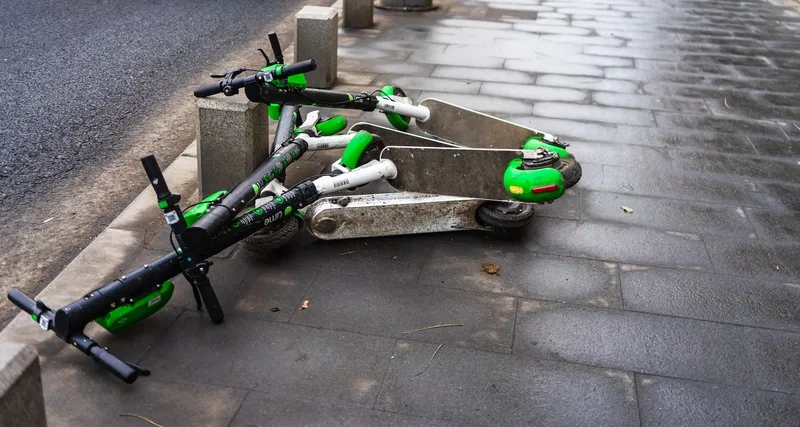
The decision follows a project last summer in which Lime and Bird deployed 430 and 250 e-scooters, respectively, at various locations in the city.
Many users reportedly left the vehicles on the pavement or street instead of returning them to their designated areas.
Last September, the city imposed $50 tickets on riders caught parking illegally.
Police also issued more than 300 tickets to riders who ignored rules on wearing helmets while riding e-scooters.
A Montreal Bike Coalition spokesman told Montreal Gazette that there was ‘great potential’ in the scheme.
“The average trip on the scooters was just 1.5km and, in 2019, 25% of the trips were linked to public transit. The problem, of course, is that the operators didn’t do what they had to do to make sure that people who were renting them were following the rules when it comes to parking.”
Lime general manager Michael Markevich, says: “With more than 200,000 trips and 50,000 riders in just three months, it’s clear there was a real demand for greener, more convenient transportation options. We remain open to solutions that address the city’s concerns and are eager to bring the program back as soon as possible.”
Those who own an e-scooter may still use them on some public roads.










